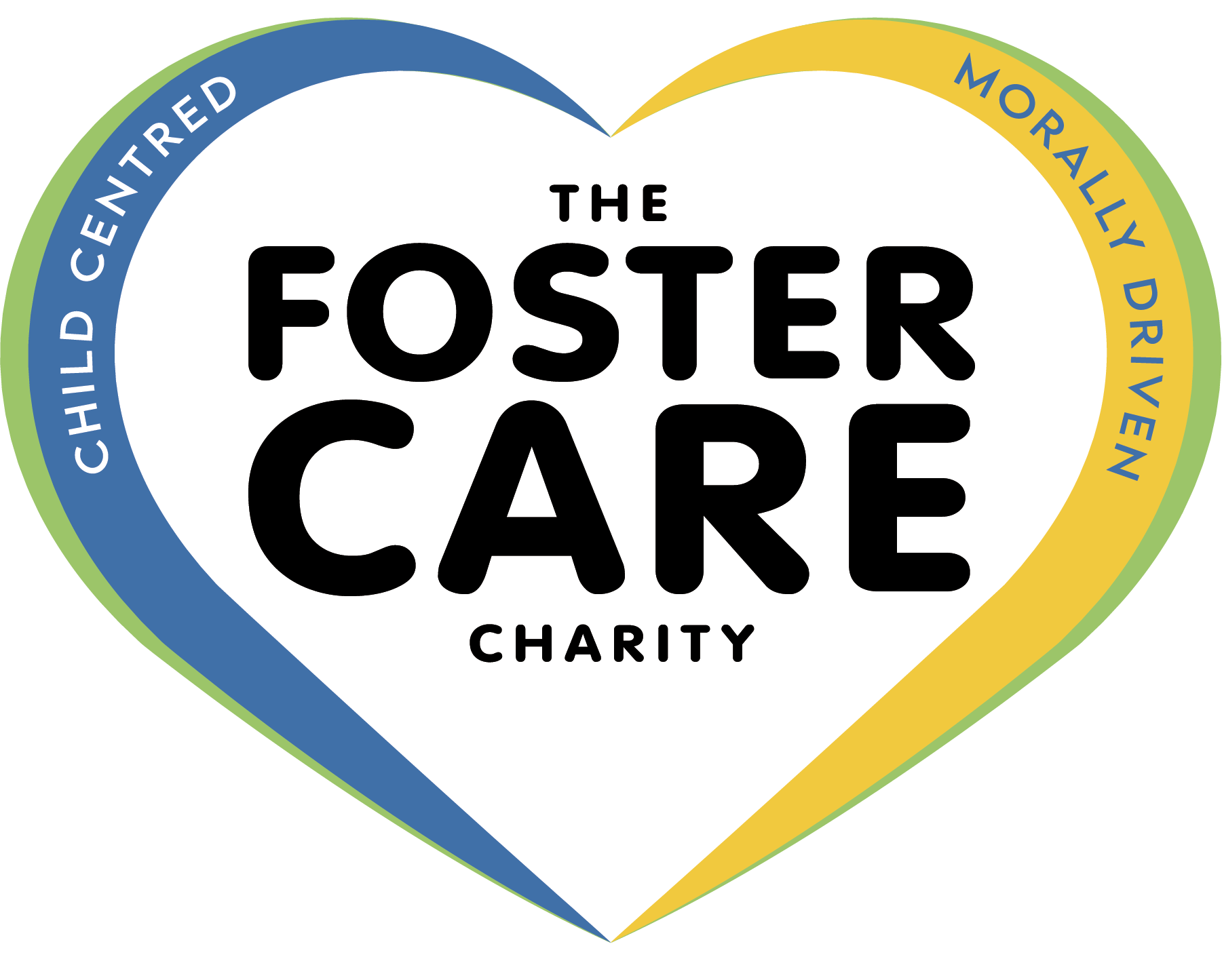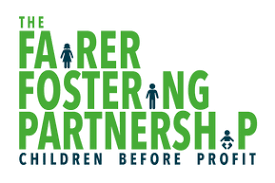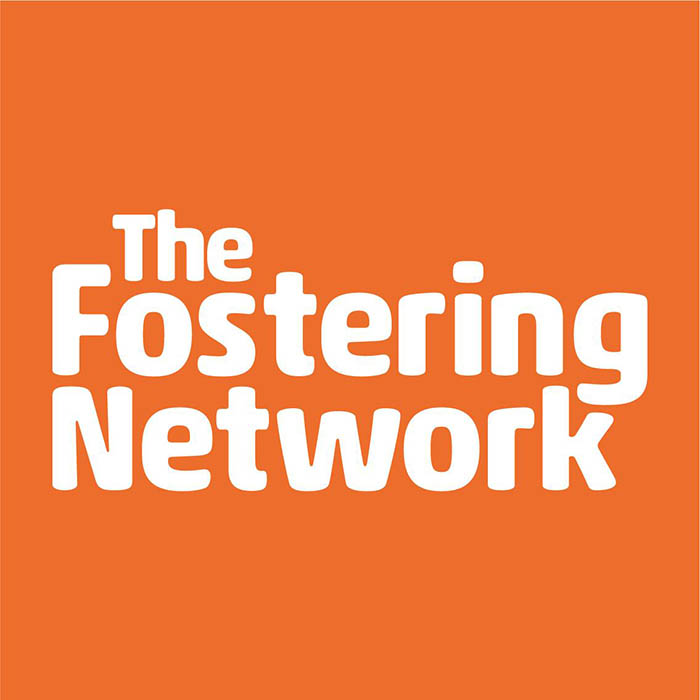
The Foster Care Co-operative (FCC) will be working with Shaping Our Lives and the University of Worcester on some groundbreaking research – looking at what barriers potentially stop disabled people from becoming foster carers, and how these barriers could be overcome.
Gail Granger, one of FCC’s social workers based in the Midlands, is lending her experience to the project in order to provide an ‘industry perspective’ and an ‘employer’s voice’. This will support Dr Peter Unwin, Principal Lecturer in Social Work at the University of Worcester, and the research he has initiated.
The research, entitled ‘Mutual Benefits: the potential of disabled people as foster carers’, will be funded by a grant from the DRILL programme (Disability Research on Independent Living and Learning) – which is a £5 million research programme funded by the National Lottery.
It is very important that the fostering task should be as inclusive as possible. Not only does this enable more people to become carers, but it also provides diverse carer-to-child matching options when looking to provide children with a home. In theory, the better the match, the more stable the placement should be.
Other than some very wide criteria and a full assessment and checking process, the main requirement for becoming a foster carer is to be able to care for children in your home. If this criteria can be met, there shouldn’t be any reason why a person can’t become a carer – no matter what disability they may have.
Ian Brazier, executive director of FCC, said: ‘Matching the needs of every child we look after is the fundamental requirement for successful fostering. Every child is different and the diversity of their needs can only be properly matched if we have a wide diversity of carers willing to take on this challenging but rewarding task.’
FCC are very much looking forward to the results of this research, along with how any barriers to disabled people becoming foster carers can be overcome. They are also extremely proud of Gail for lending her expertise to this ground-breaking piece of research.
You can read more about the research here.
Thousands of new foster carers are required each year in order to care for vulnerable children. If you are thinking about becoming a foster carer or you have some questions about fostering eligibility, you can call FCC on 0800 0856 538 or message them here.







